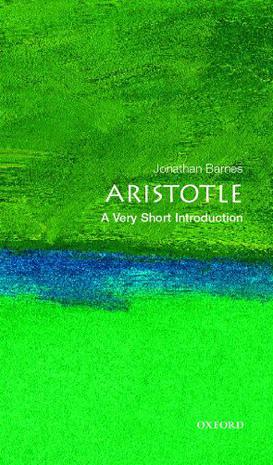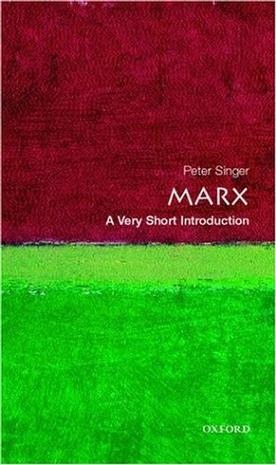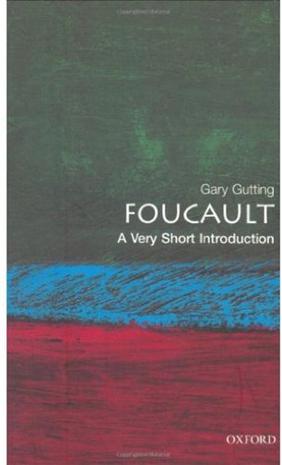-

Aristotle
The influence of Aristotle, the prince of philosophers, on the intellectual history of the West is second to none. In this book Jonathan Barnes examines Aristotle's scientific researches, his discoveries in logic and his metaphysical theories, his work in psychology and in ethics and politics, and his ideas about art and poetry, placing his teachings in their historical context. -

Wittgenstein
Ludwig Wittgenstein (1889-1951) was an extraordinarily original thinker, whose influence on twentieth-century thinking far outside the bounds of philosophy alone. In this engaging Introduction, A.C. Grayling makes Wittgenstein's thought accessible to the general reader by explaining the natureand impact of Wittgenstein's views. He describes both his early and later philosophy, the differences and connections between them, and gives a fresh assessment of Wittgenstein's continuing influence on contemporary thought. -

Marx
Peter Singer identifies the central vision that unifies Marx's thought, enabling us to grasp Marx's views as a whole. He sees him as a philosopher primarily concerned with human freedom, rather than as an economist or a social scientist. He explains alienation, historical materialism, the economic theory of Capital, and Marx's ideas of communism, in plain English, and concludes with an assessment of Marx's legacy. -

Philosophy
How ought we to live? What really exists? How do we know? This book introduces important themes in ethics, knowledge, and the self, via readings from Plato, Hume, Descartes, Hegel, Darwin, and Buddhist writers. It emphasizes throughout the point of doing philosophy, explains how different areas of philosophy are related, and explores the contexts in which philosophy was and is done. -

Foucault
Foucault is one of those rare philosophers who has become a cult figure. Born in 1926 in France, over the course of his life he dabbled in drugs, politics, and the Paris SM scene, all whilst striving to understand the deep concepts of identity, knowledge, and power. From aesthetics to the penal system; from madness and civilisation to avant-garde literature, Foucault was happy to reject old models of thinking and replace them with versions that are still widely debated today. A major influence on Queer Theory and gender studies (he was openly gay and died of an AIDS-related illness in 1984), he also wrote on architecture, history, law, medicine, literature, politics and of course philosophy, and even managed a best-seller in France on a book dedicated to the history of systems of thought. Because of the complexity of his arguments, people trying to come to terms with his work have desperately sought introductory material that makes his theories clear and accessible for the beginner. Ideally suited for the Very Short Introductions series, Gary Gutting presents a comprehensive but non-systematic treatment of some highlights of Foucault's life and thought. Beginning with a brief biography to set the social and political stage, he then tackles Foucault's thoughts on literature, in particular the avant-garde scene; his philosophical and historical work; his treatment of knowledge and power in modern society; and his thoughts on sexuality. -

Philosophy of Science
What is science? Is there a real difference between science and myth? Is science objective? Can science explain everything? This Very Short Introduction provides a concise overview of the main themes of contemporary philosophy of science. Beginning with a short history of science to set the scene, Samir Okasha goes on to investigate the nature of scientific reasoning, scientific explanation, revolutions in science, and theories such as realism and anti-realism. He also looks at philosophical issues in particular sciences, including the problem of classification in biology, and the nature of space and time in physics. The final chapter touches on the conflicts between science and religion, and explores whether science is ultimately a good thing.